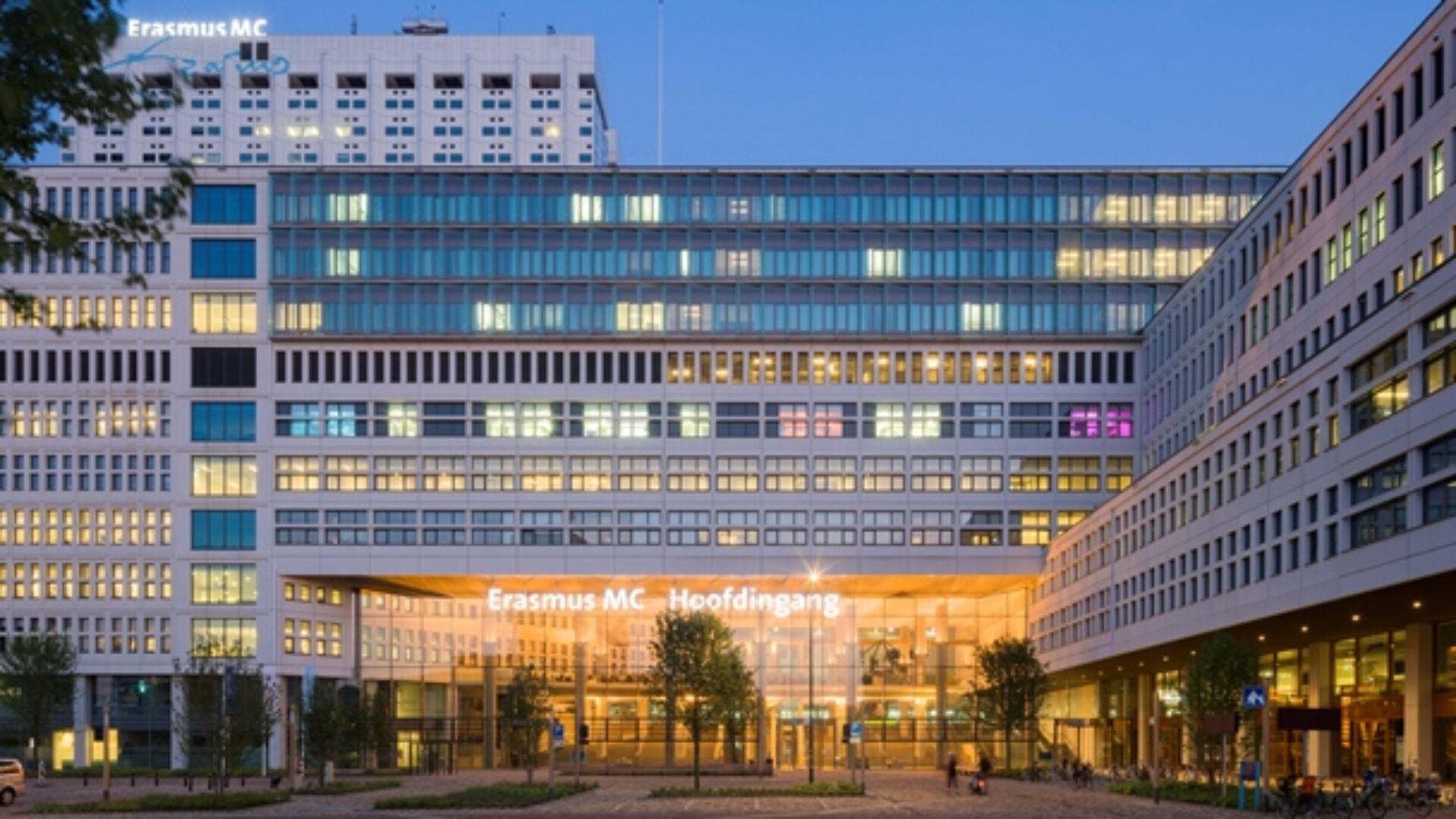What is a good solution for one patient may be a bugbear for another. How does a healthcare provider know that the treatment will actually improve life? This is why Erasmus MC asks more and more patients how their quality of life is prior to and during the treatment.
Erasmus MC was the first hospital in the Netherlands to ask patients, regardless of their diagnosis, to complete a general health questionnaire prior to their appointment with the care provider. This way, the healthcare provider already knows how the patient is doing and what is important to him or her, before they speak to each other. This clearly benefits the conversation in the consulting room.
In Erasmus MC, a response-driven digital questionnaire has been administered to cancer patients since October. With the same purpose, but much more specifically aimed at the quality of life and daily functioning after the cancer diagnosis. This questionnaire is part of the electronic patient file.
The patient receives on his computer or tablet only the questions that apply to his individual situation. In addition, the questionnaire ‘thinks’ with the patient: if the patient has had to answer a question that requires a lot of effort, the questionnaire itself provides an appropriate follow-up question. If, for example, a patient indicates that he experiences no pain, the questionnaire itself will ensure that no question about pain in daily life will follow.
The results are added to the patient file. The practitioner then knows in advance how the patient assesses his situation and can focus the consult.
Currently, the digital questionnaire is so-called “domain-specific,” meaning that the list can be used with all cancer patients, regardless of the type and stage of the cancer. The list includes questions about, for example, pain, anxiety, and fatigue: symptoms that are relevant to a large group of patients. Eventually, Erasmus MC wants to make the questionnaires more ‘disease-specific’.
Value based healthcare program leader at Erasmus MC, Dr. Ingrid Peters: “What Erasmus MC has done is not only technologically innovative but also a huge step forward in improving the quality of care.
The questionnaire was developed by the European Organisation For Research And Treatment Of Cancer (EORTC), is internationally validated and is already frequently used in oncology care. The company that handles the questionnaires is CHES (ESD).



